Everything you need to know about Equine Euthanasia
By: Maribel Estefanell Posted: 19/11/2021
All horse owners know that horses are not eternal.
We know that the day will come when we will have to say goodbye to our beloved horse, and it is important to be prepared for that moment. Death is a subject we tend to avoid.
If he dies naturally, due to age or illness, our goal will have been to take care of him so that, in his last years of life, he has a dignified life.
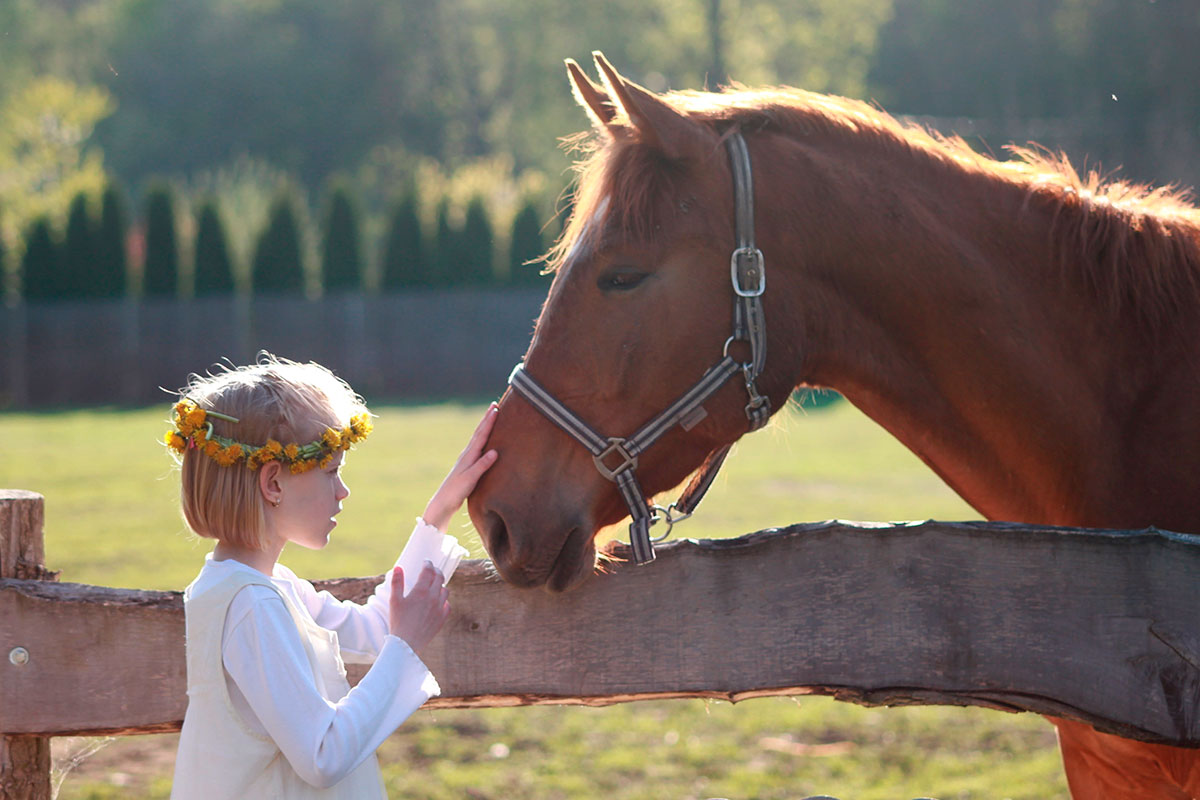
But in many cases, we are the ones who must make the decision of when the time has come.
If our horse is suffering from a terminal illness, catastrophic injury or an irreversible poor quality of life, we have the duty to act with mercy and provide them with a pain-free death.
Talking about horse euthanasia is not only a matter of how and when to perform it.
We are talking about a living being that has been very close to its owner or trainer. It is important to be aware of what is going to happen and, in the same way that we say goodbye to our loved ones, we will grieve over this loss.
Besides, in this emotional situation, we must take care of both the physical and mental welfare of the horse.
In this article, we will discuss all these issues with much care and with all the love that our four-legged friends deserve.
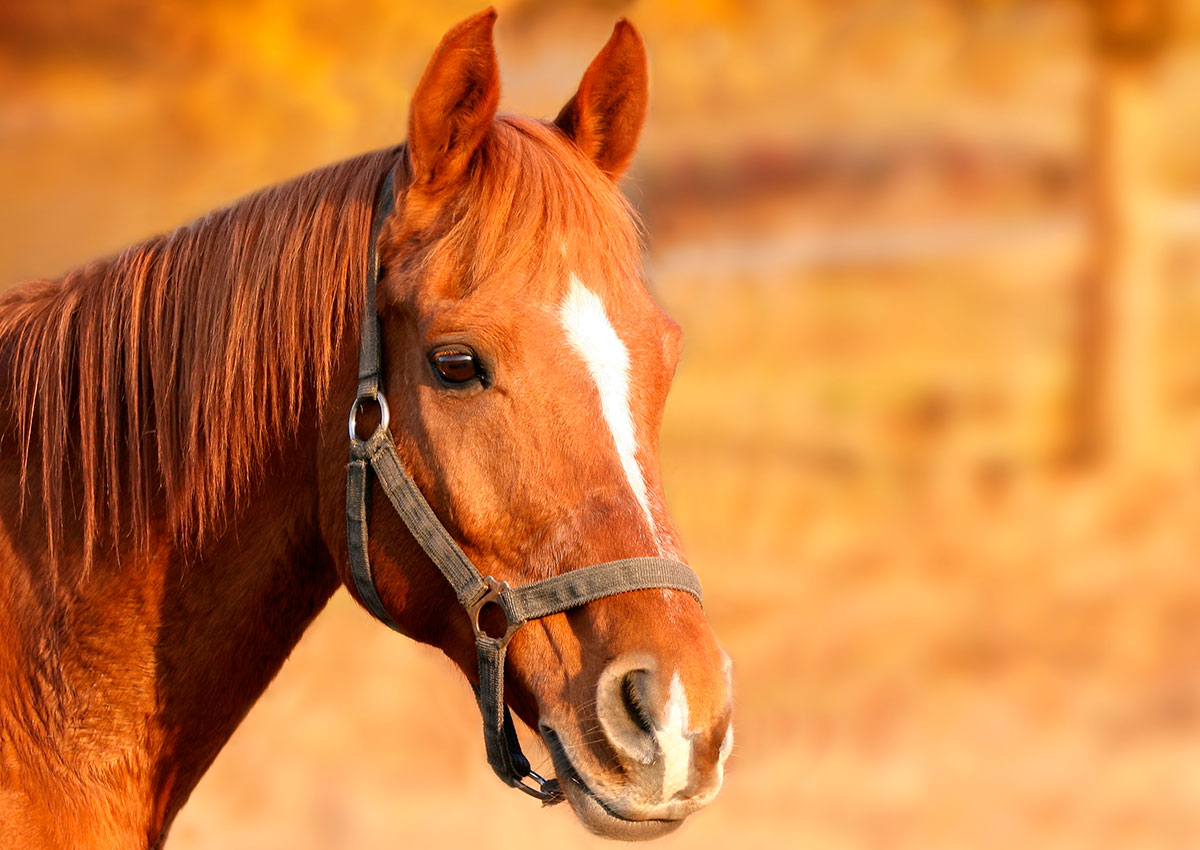
The word Euthanasia and its moral implications
We can say that Euthanasia is synonymous with “good death”, in other words, ending a life without suffering, with a pain-free death.
And it is one of the most difficult decisions that horse owners will have to make.
Therefore, it is important to be well informed and aware of this situation in advance, because it is quite likely that one day we will have to face it.
The first thing we must determine is whether the quality of our horse’s life is acceptable enough, so we can avoid making that decision or if, on the contrary, it is necessary to act for the sake of the animal.
When faced with such decision, many owners start making excuses of all kinds at the vet’s because they’d like to delay the end of their horse’s life. Understandably, there is an emotional relationship between them and the decision is hard.
Because, although a veterinarian is the one who can advise you to put your horse to sleep after examining his situation, the decision will ultimately fall on the animal’s owner or caretaker.
The bond we have with our horse can determine how much time we need to make that decision to put an end to his life.
That means that not only will we give consent, but if we own or care for a horse, we need to realize that this is the final goodbye.
The grieving process is something important, we need mementos and memories to help heal our sadness and grief. Some experts recommend keeping a strand of his mane, for example. Or say goodbye to him on social networks, with photographs and phrases to memorialize him.
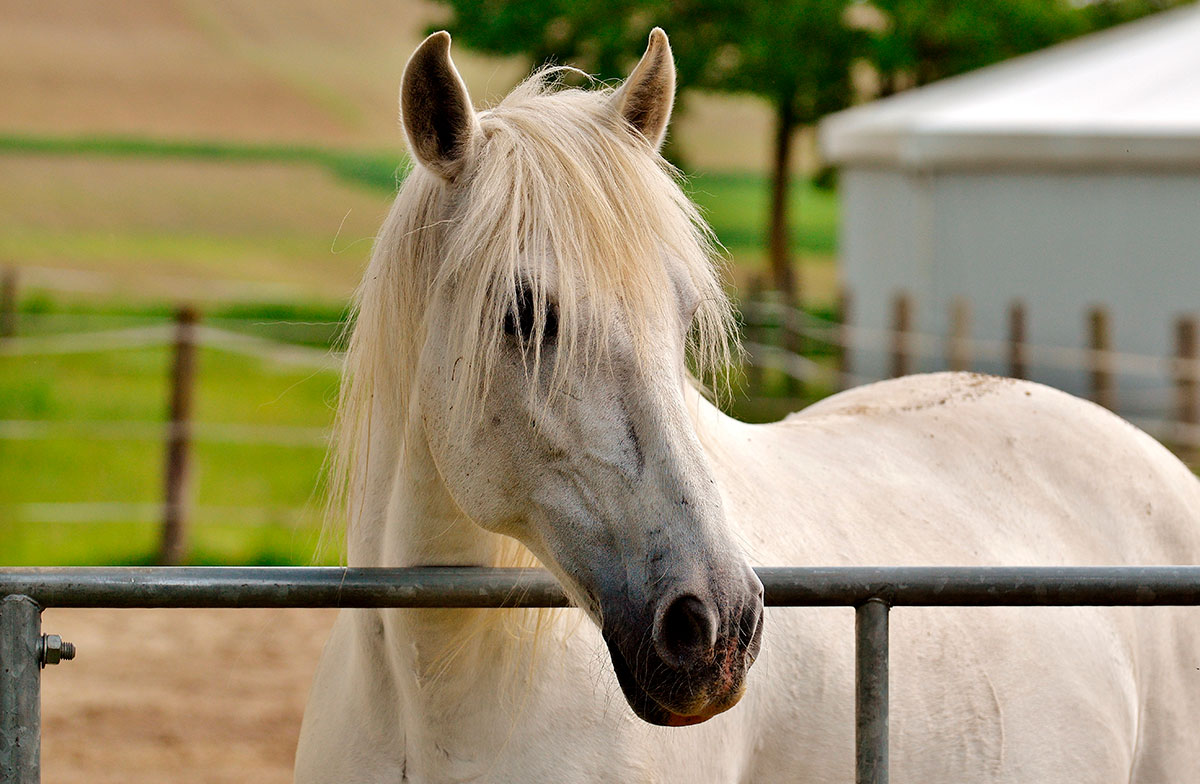
Would you like to be part of a group with an equestrian soul?
Join the Ampascachi Community. Obtain exclusive benefits for your holidays.
We tell you how to start, train and take care of your horse.
Interviews with direct providers of riding tours around the world.
Opinions of outstanding equine scientists and personalities in the equestrian sport world.
Reasons to consider equine euthanasia
There are a variety of circumstances under which euthanasia can be considered for a horse. We will list some of them:
- Debilitation in old age.
- Severe traumatic injury.
- Dangerous behavioural traits.
- Undue suffering for any reason.
- Incurable disease.
- Chronic severe lameness.
- Inoperable colic.
- Foals born with serious defects.
- Undue financial burden of caring for a sick or incapacitated horse.
You can see that in the last case we’ve mentioned the financial aspect. It may seem very frivolous to talk about money when it comes to the life of an animal, but we must be realistic and address the situation from a practical standpoint.
An animal with a terminal or chronic illness may require continuous care, frequent visits to the vet and an expensive treatment, something that the owner may not be able to afford.
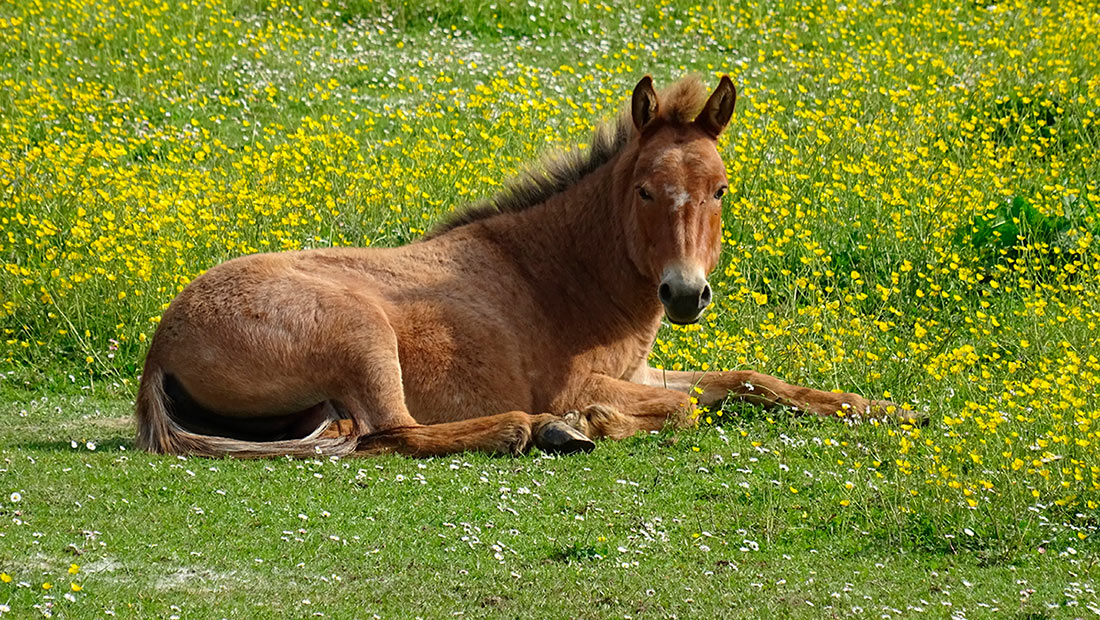
The quality of a horse’s life
Above, we have given several reasons that can lead us to consider if the time has come to put our horse to sleep.
In those situations, the horse is suffering and has a poor quality of life. And that’s what we must analyse carefully, because it’s not a matter of keeping our horse alive with us, but we must guarantee his welfare.
The horse, as a living being, deserves to have an appropriate quality of life. Since more attention is now placed on animal welfare, there are a series of regulations that help control and improve it.
But animal welfare is not the same as quality of life.
Maybe we can see that, from time to time, his well-being improves, but it is his quality of life that helps us decide. And you will see this in the long run, that is, after studying and checking on the horse’s progress throughout the days.
That’s why it is best to evaluate his welfare regularly and write down the evolution of his condition to determine if his quality of life is acceptable.
These notes will help us to know for sure how our horse is, because we must bear in mind that animals can hide their pain due to their survival instinct and we can only detect it if we observe them carefully.
If we monitor our horse’s behaviour 24 hours a day, we can discover his current quality of life and if it is necessary to make changes in his day- to-day routine, or if the time has come to put him down.
We recommend that you follow the guidelines of the five domains model, developed by Professor Emeritus David Mellor and his team at Massey University, when it comes to making end-of-life decisions for your horse.
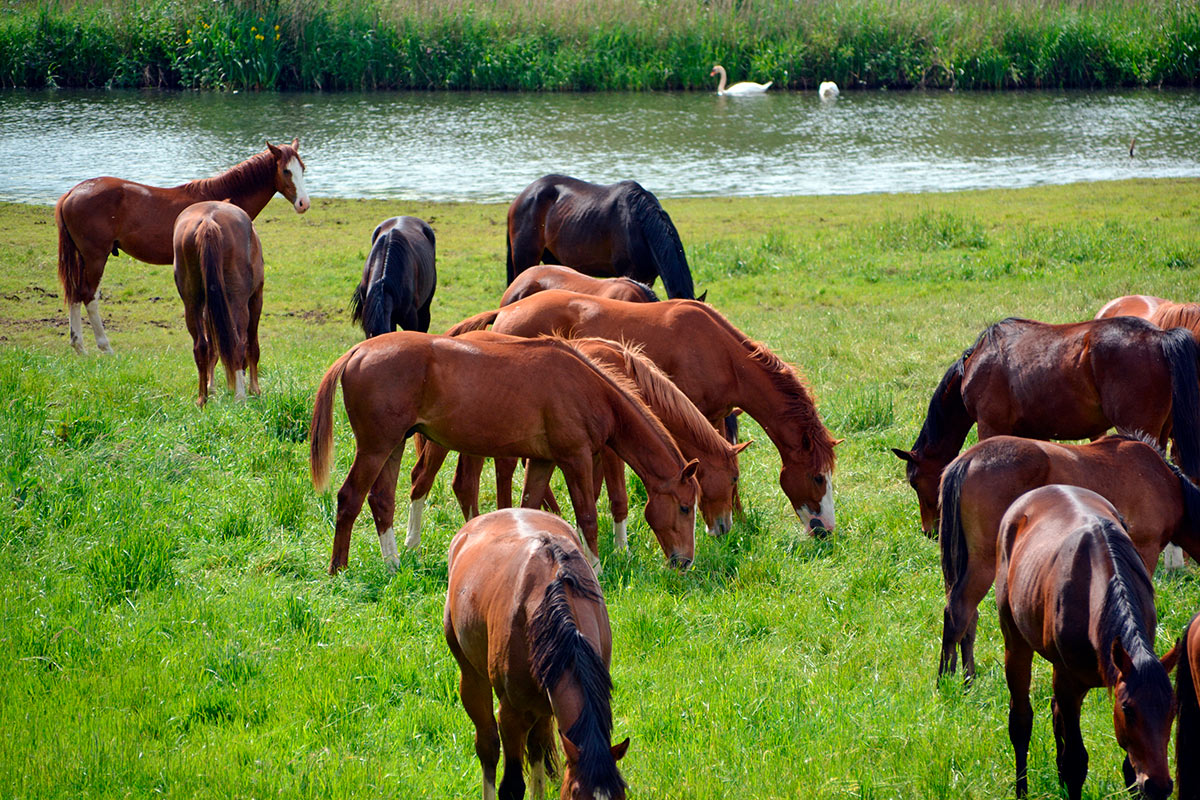
Planning ahead for a good death
Once we have decided that the time has come, we have to make other important decisions, such as where it will take place, what method will be used and who will perform it.
All these aspects will affect the costs of the procedure and we must consider also how they will affect the horse during the whole process. We must ensure his welfare until the very last moment.
Where can euthanasia be performed?
The first thing we will have to decide is the location of the procedure.
If it can be carried out at home, it’s much better. The situation will be less stressful for the horse and he will be in a familiar and safe environment until the end.
In this case, you will have to look for a suitable and accessible site, so that the body can be removed easily. Preferably, away from the rest of horses and animals. You should also arrange for the disposal of the body because, depending on the method used, in some places they will not take it.
If it’s not possible to do it at home, then you will need to make arrangements to transport the horse to the chosen place, and have the veterinarian help you with the necessary formalities and documentation.
In this case, it is important to be well informed of the place where the procedure will be carried out, so that the horse suffers as little as possible. The fact of taking the animal to an unknown place will cause stress and if the facilities are not suitable, the situation can be terrifying for the horse.
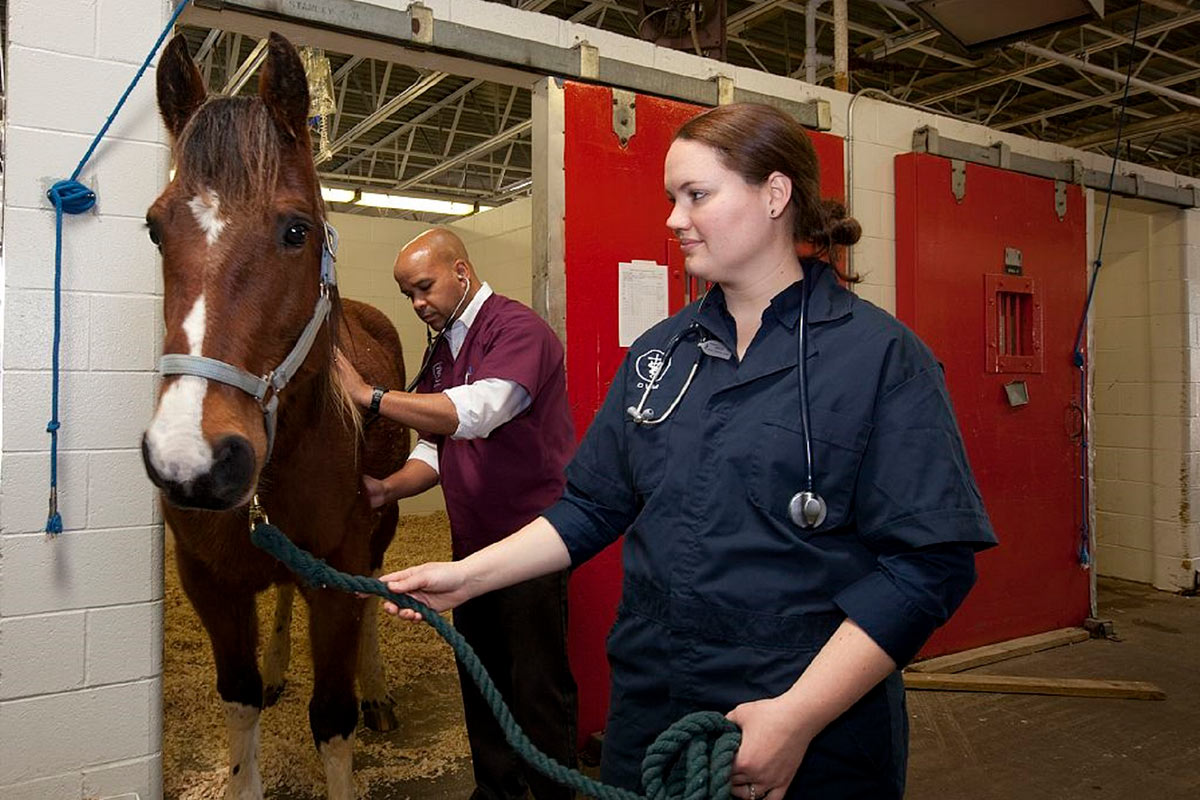
Subscribe to the Ampascachi Community and obtain benefits and exclusive content. Furthermore, we offer free advice on horses and equestrian tourism.
Methods of euthanasia
There are three methods of horse euthanasia:
Lethal injection:
Lethal injection will be administered by a veterinarian. A sedative may be given first so that your horse does not become distressed. Shortly after receiving the injection, the animal will lose consciousness followed by a cardiovascular arrest.
The advantage of this method is that it can be carried out at home and it’s always effective.
The main disadvantages are anxiety in untrained horses and the extra costs for the removal of the carcass. Also, burial or cremation will be required.
This is because the chemical residues resulting from this form of euthanasia do not allow the use of their meat for consumption, neither for humans nor for other animals.
Shooting with a firearm:
Although at first many owners don’t like this method, when performed correctly, it causes a quick and painless death.
It can be carried out by slaughterhouse workers, veterinarians or by experts with a license to use firearms.
Since it does not require close contact with the animal, this is the most suitable method for anxious or difficult horses.
Again a sedative may be given first, especially to trained or very anxious horses. In that case, the collaboration of a vet is required and, depending on the dose, the body may not be suitable for human consumption.
The advantage of this method is that there are more options for the disposal of the carcass, as it will be suitable for consumption or disposal in an approved sanitary landfill.
The disadvantage would be the safety issues associated with a bad shot, and we also need to find an appropriate location.
Penetrating captive bolt:
This is the most complicated and arduous method. The bolt shot must be very precise to avoid mistakes and unnecessary suffering.
It causes trauma and concussion to the brain. The difficulty is that the horse's brain is very small and the shot has to be very precise.
To prevent the horse from moving at the time of shooting, prior sedation or anaesthesia is mandatory. And to make sure that the animal has died, exsanguination or slaying may be required afterwards.
The advantage of this method is that it is not as dangerous as a gunshot and you don’t need to have a gun license, although experienced personnel is required.
The disadvantage is the stress or fear that the horse may suffer when the gun touches his forehead and, if you want to give the body for consumption, sedation must be light.
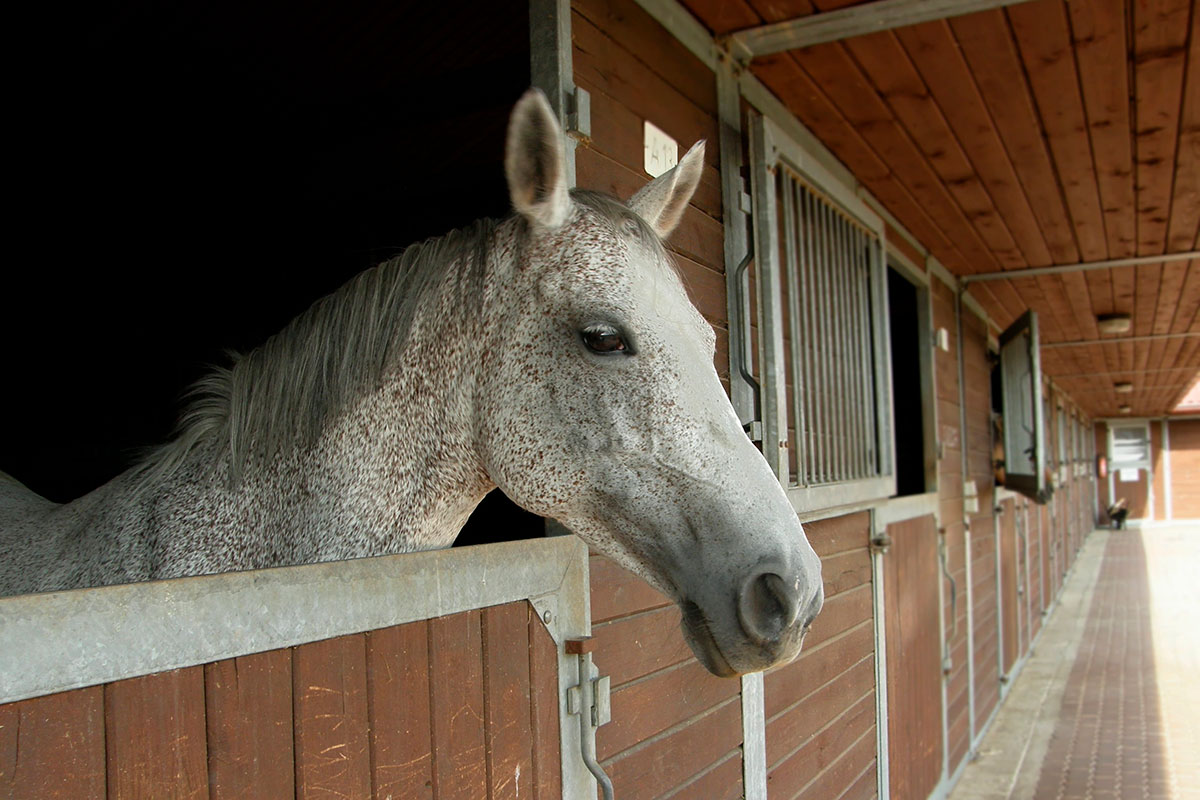
Which arrangements will I use to dispose of my horse's body?
If your horse is euthanized at home, you should think about how to dispose of the body.
You could ask your vet and other horse owners to find out the options available in your area. Then, consider the costs involved.
If the horse was sick or treated with drugs, the local kennel or slaughterhouse may not take it.
If your horse is insured, you should notify the insurance company in advance about the procedure to avoid any unpleasant surprises, which relate to your claim. Although the veterinarian will provide you with the required documentation, this notification is the owner's responsibility.
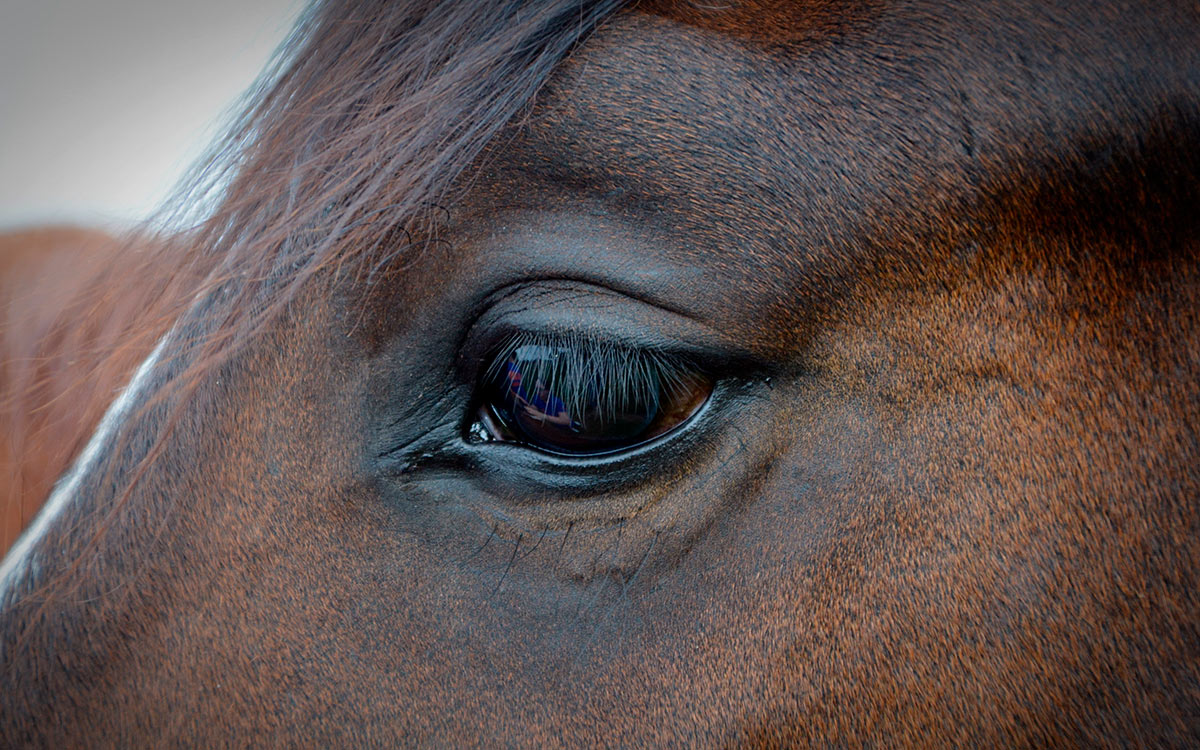
Final Conclusions
Having any animal euthanized is a sad and traumatic time for the owner and may involve a situation of potential suffering for the animal. For that reason, in this article we have tried to touch on all the aspects, both material and emotional, regarding the owners and their horses.
Always remember that your horse depends on you to make rational decisions, and you must ensure that the horse's welfare is always put first.
Professional advice from a veterinarian is crucial in these circumstances and we should talk to everyone who shared a bond with the animal.
Would you like to delve deeper into the world of horse training?
Download our free guide on Horse training step by step. There we tell you everything we have learned about horse training in more than 25 years of experience.
And if you want to be a professional horse trainer and get field-based training, you should check out our training program. You will have the opportunity to live in our equestrian centre and experience our full training process with young horses.
~
THIS COULD ALSO BE INTERESTING
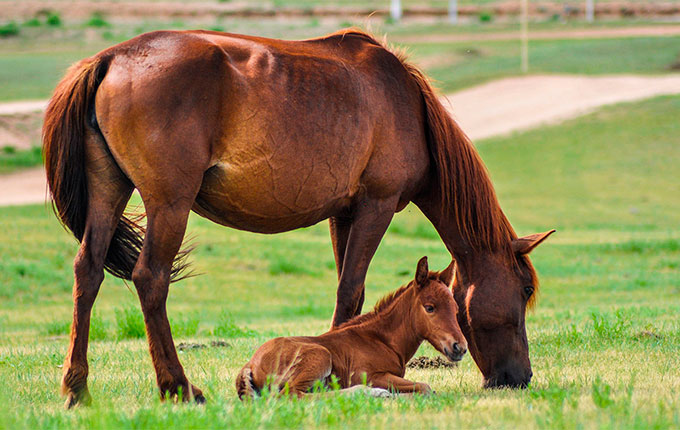
How to understand the welfare of horses
Discover the evolution and implementation of the 5 domains model for animal welfare applied to equids. Assess the well-being of your horse based on his physical and mental health.
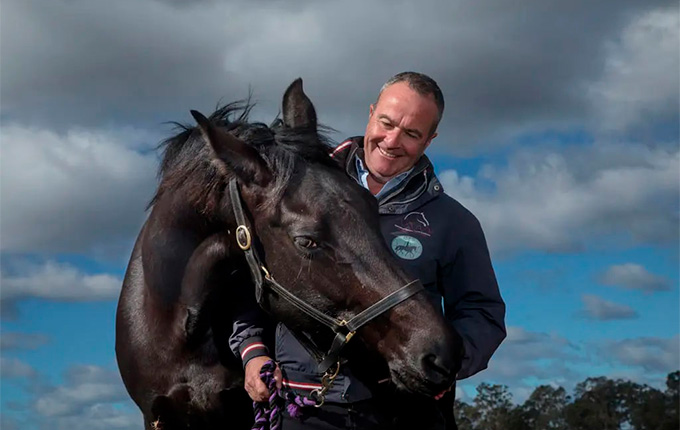
Dr. Paul McGreevy: specialist in horse behaviour and welfare
We have interviewed Dr. McGreevy to gain insight into equine behaviour, horse welfare and the application of learning theory in equitation science.

Jordan: Petra, Amman and the Dead Sea on horseback
Visiting Jordan and riding in Petra, which was stablished over 2000 years ago, is living up to any rider’s dream. Riding trails in this UNESCO World Heritage Site.
~
WHAT IS YOUR OPINION? LEAVE A COMMENT
Planning your horse riding holidays?
Join the Ampascachi Community. You will get exclusive advantages and guidance for your next horse riding holiday.


 German
German French
French Spanish
Spanish